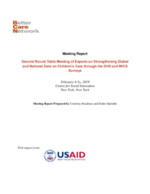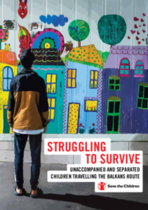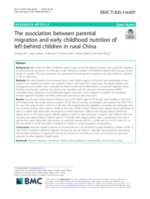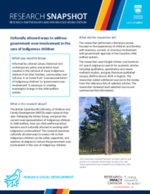Former Foster System Youth: Perspectives on Transitional Supports and Programs
In this pilot study, sixteen youth between ages 18 and 20 participated in semi-structured interviews, support mapping, and resiliency measurements to gather the experiences of the transition from foster care.




